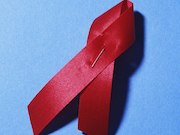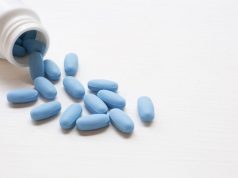WHO has proposed 5-point plan for monitoring, combating, and preventing drug resistance
THURSDAY, Oct. 26, 2017 (HealthDay News) — Resistance to antiretroviral therapy (ART) is threatening the recent gains of treatment in the rate of new HIV infections, according to a perspective article published online Oct. 25 in the New England Journal of Medicine.
Chris Beyrer, M.D., M.P.H., from Johns Hopkins Bloomberg School of Public Health in Baltimore, and Anton Pozniak, M.D., from Chelsea and Westminster Hospital in London, discussed the emergence of HIV drug resistance as a threat to the positive effects of HIV treatment.
The researchers note that the prevalence of HIV drug resistance has increased from 11 to 29 percent since the global introduction of ART. In six of 11 countries surveyed, the rate of pretreatment drug resistance exceeded 10 percent among first-time ART users. The World Health Organization (WHO) has proposed a five-point global plan for monitoring, combating, and preventing drug resistance. Suggested ways to support and improve current programs include expanding essential rollout of viral load monitoring capacity to ensure early switch to effective ART and improving engagement in care and adherence to ART. Beyond implementation of these proposals, another step would include introduction of newer regimens with higher genetic barriers to resistance.
“Drug resistance is one of the markers of failure of HIV programs,” the authors write. “The threat it poses is both that treatment will fail clinically in individual patients and that communities will be at risk from viremic patients whose disease continues to be infectious.”
Copyright © 2017 HealthDay. All rights reserved.








